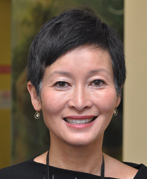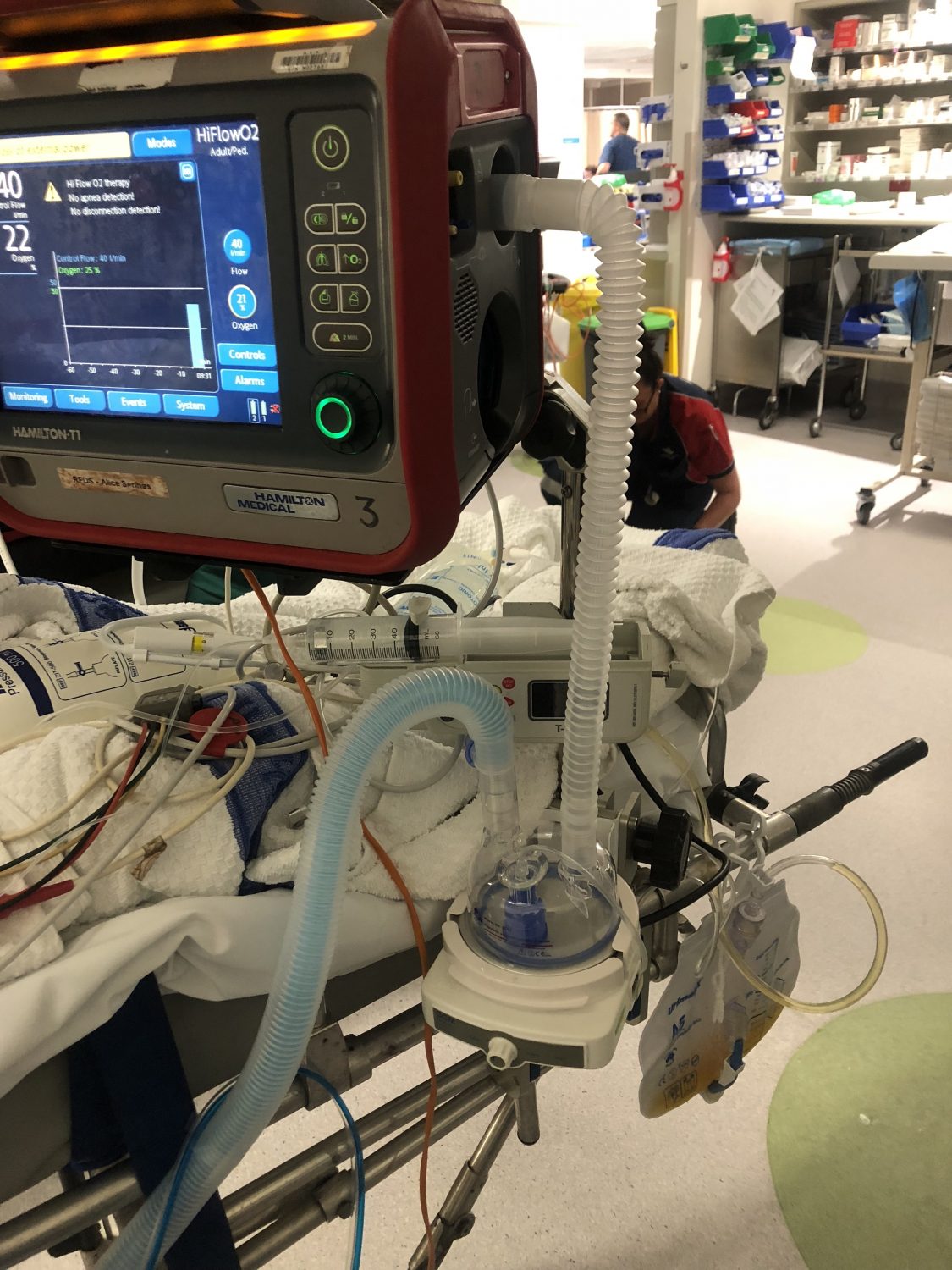Bridging the gap between literature and practice in pediatric critical care.
Pediatrica Intensiva is our attempt to address two problems in delivering the best care to every critically ill child – knowledge translation and development of expertise.
Research efforts mostly examine “what?” and “why?” rather than “how?” Results take years to get to patients and rarely provide a clear answer for our most difficult cases. We all try to provide the best care while balancing contradictory data, social factors, etc. – we use our experience to apply the evidence. Pediatrica Intensiva helps to narrow this knowledge translation gap by providing a platform to discuss complex implementations in the real world, rapidly disseminate research findings and highlight similarities and differences in local practices.
Just as more effort is spent on research than delivery, so more effort is spent on developing competence rather than expertise. Training and CPD programs develop learners into competent practitioners and ensure that they remain at this level. We all want to become experts and provide the best care, but the pathway to expertise is unclear. Difficult cases are rare, our community is small and widely dispersed, and we’re all busy. One recognised way to develop expertise is through deep discussion with experienced and excellent clinicians. As an asynchronous, always-on platform, Pediatrica Intensiva enables practitioners around the world to develop their own expertise at convenient times.
Because it is aimed at expert level, Pediatrica Intensiva does not have short episodes on a topic. Rather, we have whole seasons, for example “Single Ventricles” or “PICU based rehabilitation.” We go deeply into topics from a range of perspectives. As well as the audio podcast, all of our episodes are digested into easy to read (and search) tweet threads on our Twitter channel @PedsIntensiva that you can reply to at any time.
Of course, information in the podcast is not meant to replace the advice of a health professional and is in no way a substitute for the relationship between a patient and their own physician
References
- Nickson, C., Cadogan, M. Free Open Access Medical education (FOAM) for the emergency physician. (2014). Free Open Access Medical education (FOAM) for the emergency physician, 26(1), 76–83. http://doi.org/10.1111/1742-6723.12191
- Herling, R. (2001). Operational Definitions of Expertise and Competence. In Strategic Perspectives on Knowledge, Competence and Expertise (pp. 1–14).
- Morris, Z. S., Wooding, S., & Grant, J. (2011). The answer is 17 years, what is the question: understanding time lags in translational research. Journal of the Royal Society of Medicine, 104(12), 510–520. http://doi.org/10.1258/jrsm.2011.110180
- Murthy, V. K., O’Brien, B., & Dhaliwal, G. (2018). An Inquiry Into the Early Careers of Master Clinicians. Journal of Graduate Medical Education, 10(5), 500–506. http://doi.org/10.4300/JGME-D-18-00208.1
Acknowledgement of country
We acknowledge the: Wurundjeri Woi Wurrung peoples of the Eastern Kulin Nation; the Gadigal people of the Eora Nation; the Massachusett Tribe and the Mississauga and Haudenosaunee nations within the lands protected by the “Dish with One Spoon” wampum agreement, on whose lands we live and work.
We pay our respects to their Elders past and present as Traditional Owners and Custodians of these lands.
Contributors
I trained in pediatrics and ICU at the Royal Children’s Hospital Melbourne and undertook further fellowship training in pediatric palliative care at Westmead Children’s Hospital and pediatric cardiac intensive care at The Hospital for Sick Children in Toronto, Canada, as well as doing an MBA at Melbourne Business School. I’m a senior staff specialist in the Pediatric Intensive Care Unit at Westmead Children’s Hospital in Sydney, Australia.
My interests are pediatric cardiac intensive care, pediatric palliative care, medical education and medical systems. I am a senior lecturer at the University of Queensland Medical School, an instructor for the College of Intensive Care Medicine, Pediatric BASIC and APLS.
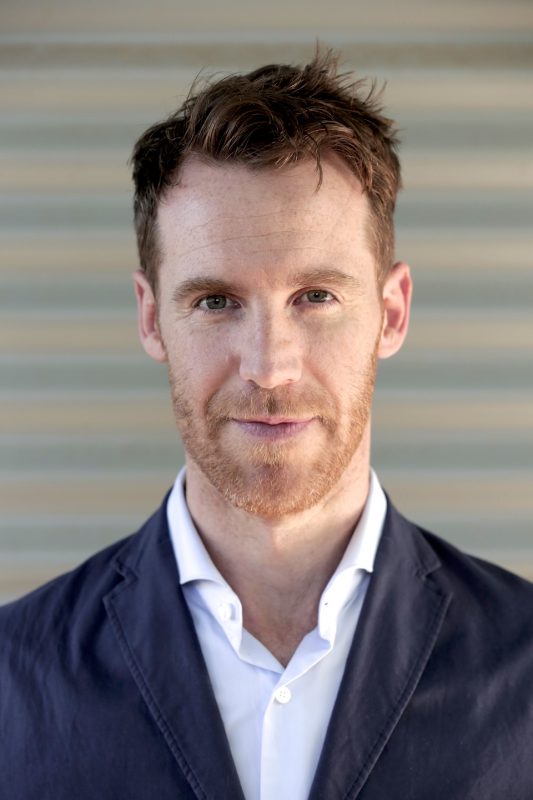
I have benefited from clinical training in the United Kingdom, Australia and Boston in the USA in Pediatric Cardiology and Critical Care Medicine. During this time, I have completed 2 fellowships in Heart Failure, Transplantation and Mechanical Circulatory Support. My clinical practice and research interests are focused around the care of these patients, who often require extended CICU admissions. Boston Children’s Hospital has been internationally renowned for clinical innovation and genuine advancement of the field of Pediatric Cardiology and Cardiac Surgery and I am delighted to be a part of this team.
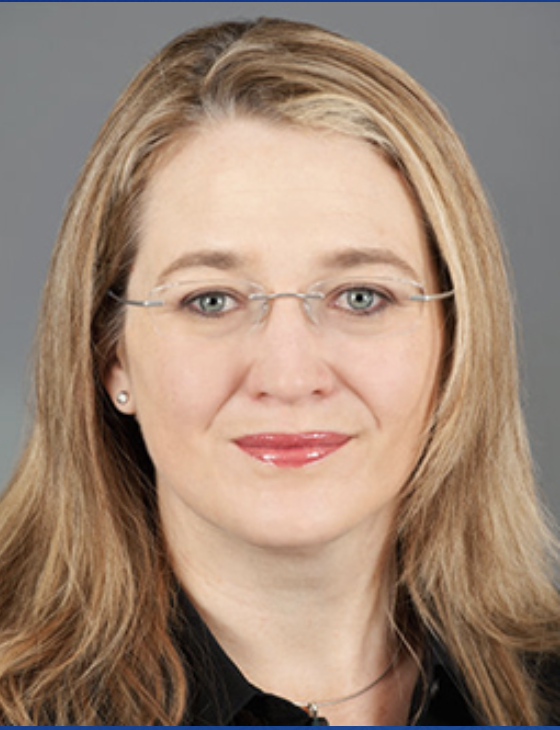
I’m a staff specialist anaesthetist and pediatric intensivist at the Royal Children’s Hospital and Monash Children’s Hospital in Melbourne. I started out my career as a pediatric trainee at the RCH but changed course towards the faster-paced environment of pediatric critical care medicine. Taking the challenging route, I completed my training in both intensive care and anesthesia and have worked jointly in the PICU and pediatric anesthesia since 2004.
Outside of clinical duties, I’m an examiner for the College of Intensive Care Medicine. My clinical interests lie in cardiac intensive care and echocardiography.
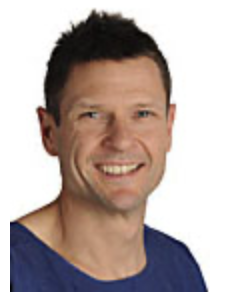
I’m a Professor in the Departments of Pediatrics and Critical Care, and the Department of Health Research Methods, Evidence and Impact at McMaster University in Hamilton, Ontario, Canada. A graduate of the Royal College of Surgeons in Ireland, I’m board certified in Neonatology and Pediatric Critical Care Medicine. I’m a member of the Canadian Critical Care Trials Group, an associate editor of the Journal of Pediatric Intensive Care, and former Vice-Chair of the ICU Liberation Committee for the Society of Critical Care Medicine. My research program entitled Exercise and Early Rehabilitation in Critically Ill Children, a Systematic Evaluation (ExERCISE), is focused on PICU based rehabilitation and patient centered outcomes in critically ill children.
